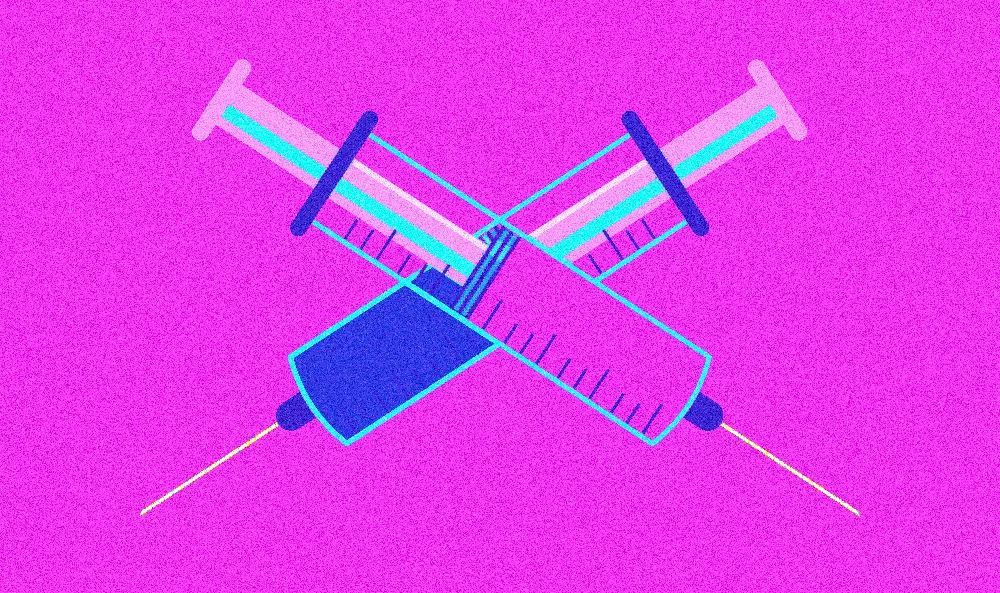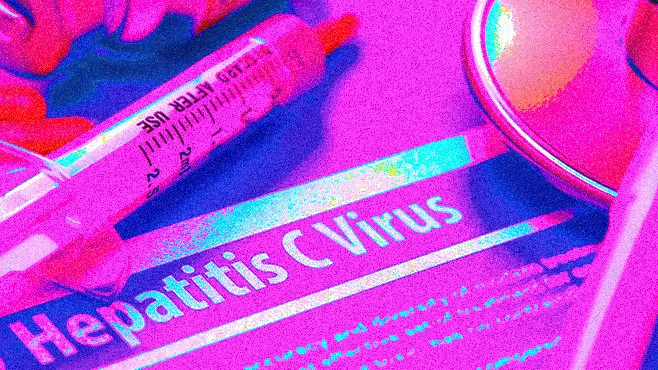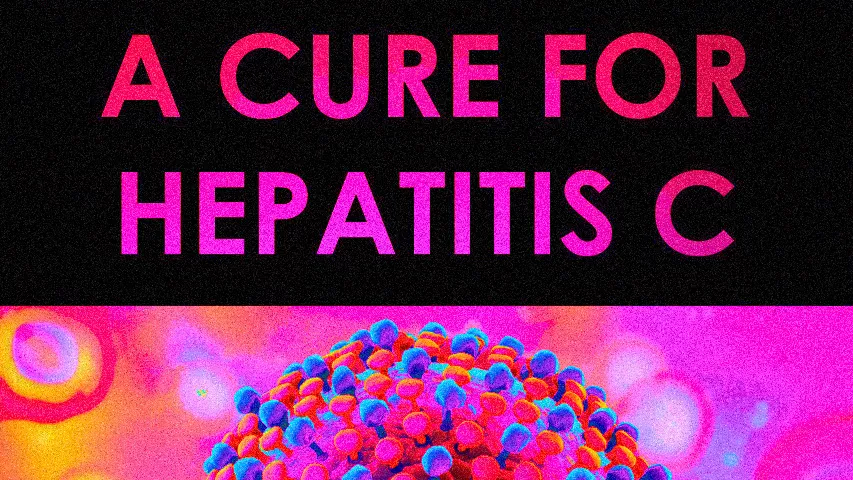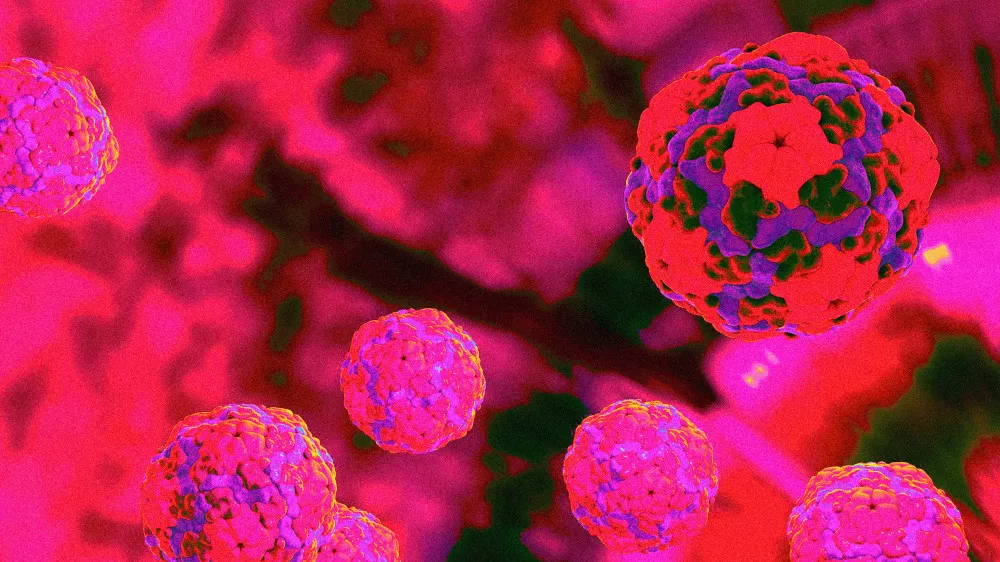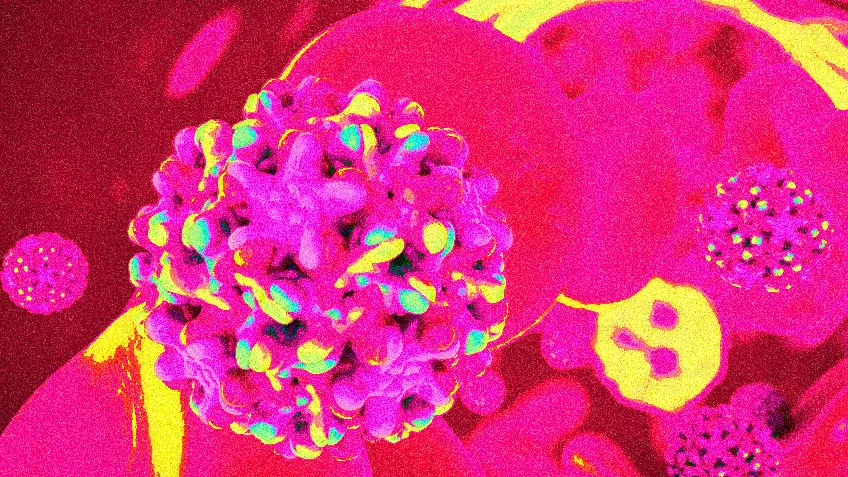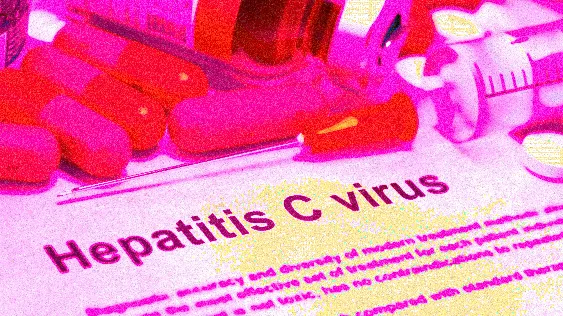Hepatitis C Basics
16223
There have been new advances in treatment for hepatitis C, including highly effective medications that show the majority of people can be cured.
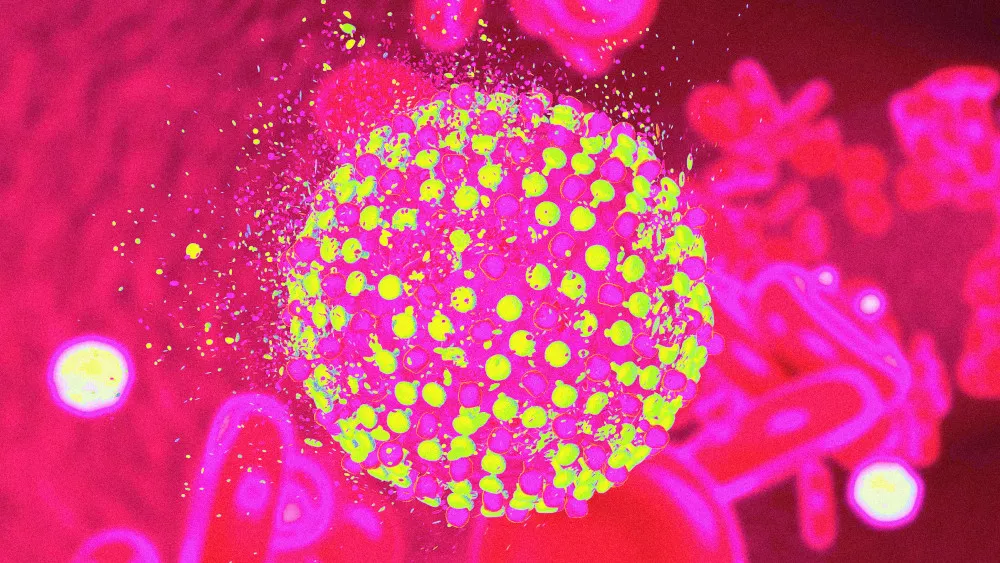
Hepatitis C
Dr.Deyn Natthakhet Yaemim, written on 28 Janruary 2019. Last reviewed 3 March 2021
What is Hepatitis C?
Hepatitis C is a liver disease caused by the hepatitis C virus (HCV): the virus can cause both acute and chronic hepatitis, ranging in severity from a mild illness lasting a few weeks to a serious, lifelong illness. Hepatitis C is a major cause of liver cancer. Antiviral medicines can cure more than 95% of persons with hepatitis C infection, thereby reducing the risk of death from cirrhosis and liver cancer, but access to diagnosis and treatment is low.
Hepatitis C virus (HCV) is a virus that can cause inflammation and damage to the liver. Hepatitis C is spread through direct blood-to-blood contact, meaning the blood of someone who is infected with HepC virus must directly enter your bloodstream. The most common way this can happen is by sharing syringes and injection equipment. Worldwide, more than 170 million persons have hepatitis C virus (HCV) infection, of whom 71 million have chronic infection and most people with hepC do not realize that they have it. The condition can be self-limiting or can progress to scar tissue in the liver (fibrosis), cirrhosis, or liver cancer. Diagnosis is made through blood testing. HepC can be successfully treated with antiviral medications. Currently, there’s no vaccination for HepC.
Hepatitis C and your liver
When someone first contracts hepatitis C, the virus travels via the bloodstream to the liver and causes inflammation and destruction of liver cells. In some cases the immune system "clears" the virus within the first six months of being infected; however, most people develop long-term (chronic) hepatitis C.
For people with chronic hepatitis C, some may experience no liver-related complications, while others may eventually develop serious liver scarring called cirrhosis. The more your liver scars, the less it can do, which can lead to problems. People with cirrhosis may develop liver cancer or liver failure.
Because hepatitis C can impact how well our liver functions, it's important to avoid things that can harm the liver, and take active steps to keep it healthy.
"The liver filters everything we breathe, eat, drink, inhale, and inject into our bodies."
Chronic Hepatitis C: See Your Doctor
If you have hepatitis C, it's important to see your doctor to check the health of your liver. Because hepatitis C often progresses slowly, routine follow-up visits with your doctor can help address issues before complications occur. In partnership with your doctor, you will determine which tests need to be done and how often.
If you don't know if you have hepatitis C, you need to start by getting HCV antibody test which is a rapid test and can be done in 20 minutes at PUSLE clinic.
Getting Tested for Hepatitis C
Get tested if you are sexually active or have ever injected drugs, even once. If you test negative, this can be a big relief, and you can take steps to reduce your risk of contracting the virus. If you test positive, you can take steps to avoid passing the virus on to others, learn ways to care for your liver, and talk to your doctor about treatment options.
These Are Two Common Tests To Determine If You Have Hepatitis C
HCV Antibody Test: A positive result means at some point you contracted hepatitis C. This Hepatitis C test is very accurate (with an accuracy of more than 99%), but may not detect if you are still infected. To confirm your result, ask PULSE doctor for a diagnostic test.
HCV RNA/Diagnostic Test: This confirms if you are currently living with hepatitis C by detecting the virus in your blood. These results report the number of viruses that are undetectable or detectable. A detectable result means you have chronic (long-term) hepatitis C.
Treatment for Hepatitis C
There have been new advances in treatment for hepatitis C, including highly effective medications that show the majority of people can be cured. Treatment is also easier than in the past because it usually involves pills only (no injections), there are fewer side effects, and treatment typically takes only 8-12 weeks.
Hepatitis C Treatment: Things to Consider
- There is a good chance treatment can cure hepatitis C, meaning after treatment, the virus is no longer present in your body. If you're cured, you can no longer pass the virus on to others, but it's important to take steps to prevent getting re-infected.
- Treatment works best when you take all of the pills on schedule. If you skip or miss some pills, treatment may not cure you. Think about how you can adhere to your medications before starting treatment.
- If you are HIV-positive, getting treated for hepatitis C can improve your overall health, make your HIV medications more effective, and increase HIV treatment options.
- Some people may be initially denied access to treatment based on drug or alcohol use or degree of liver damage. If you are denied access to treatment by your insurance company, you have the right to an appeal!
Living with HIV and Hepatitis C
If you have HIV and hepatitis C, you may be at greater risk for liver inflammation and scarring. There are things you can do to stay healthy, such as getting routine follow-ups with your doctor, taking all HIV medications as prescribed and getting treated for hepatitis C.
HIV Medications and Hepatitis C
Talk to your doctor about all medications you're taking because HIV medications may need to be adjusted for people who have hepatitis C. Adhering to your HIV treatment can raise CD4 levels, improve immune function, and prevent liver-related complications from hepatitis C.
Contact us at info.bkk@pulse-clinic.com or chat on your preferred platform:
![]() +66 65 237 1936
+66 65 237 1936  @PULSEClinic
@PULSEClinic ![]() PulseClinic
PulseClinic
Add us on Line and stay in touch.
Loading...
Clinic Locations
Loading...


